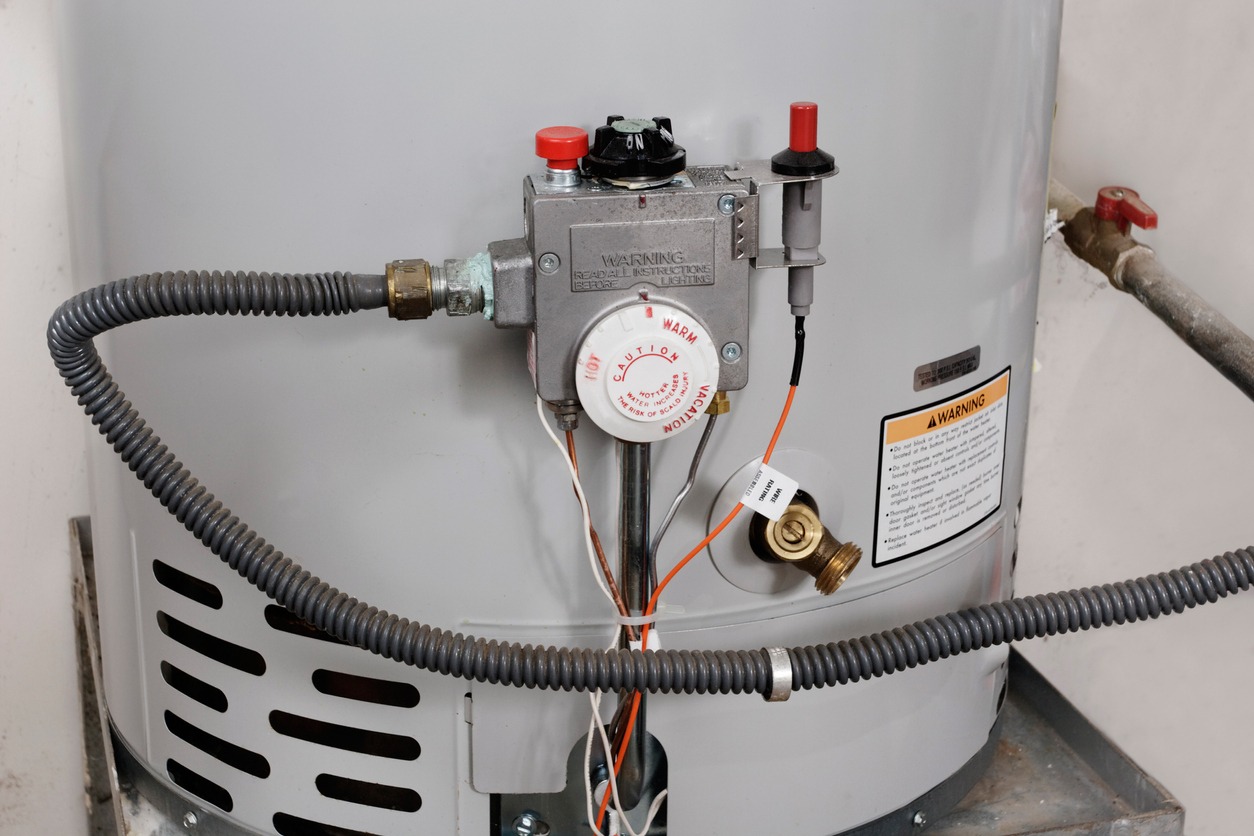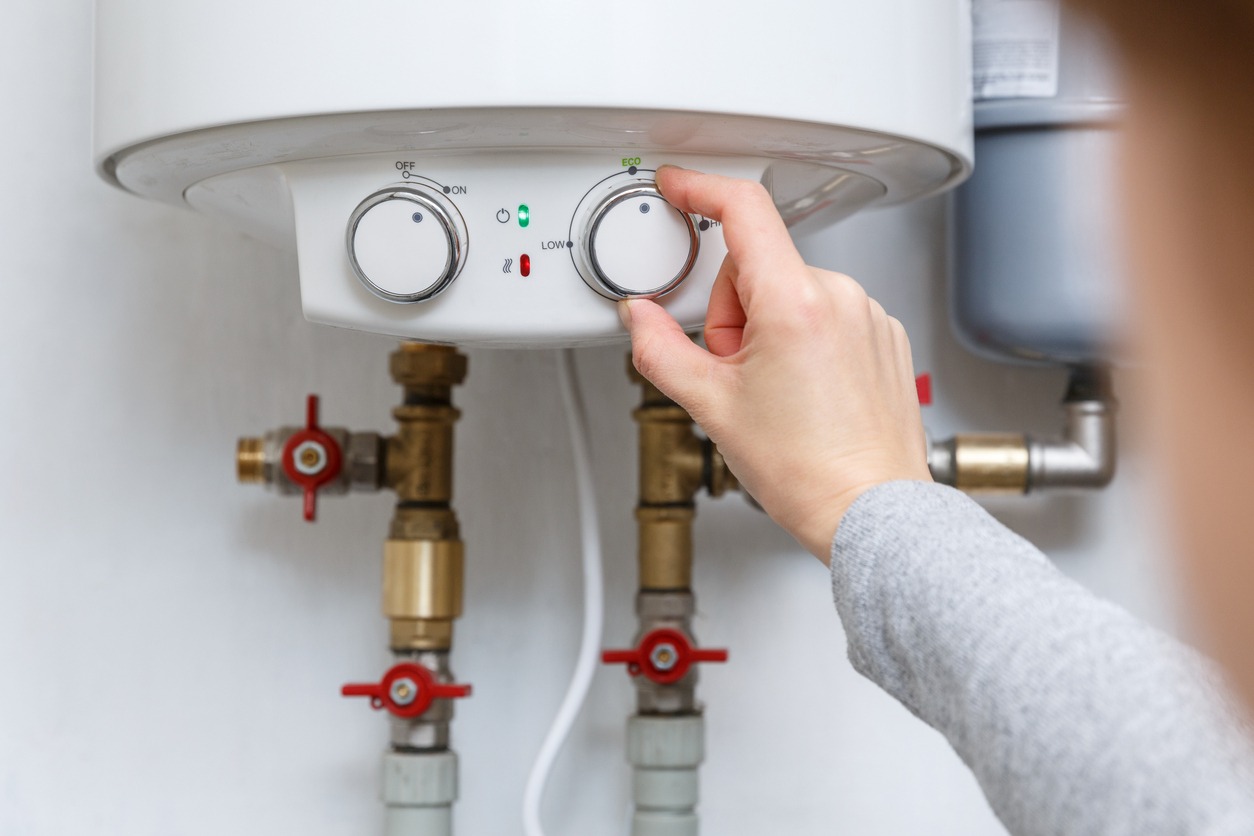A 50-gallon water heater is a common choice for many households, balancing capacity with efficiency for daily hot water needs. Whether you’re stepping into a refreshing shower, doing the dishes, or running a laundry cycle, knowing how long it takes for your water heater to warm up can help manage your schedule and expectations, especially during those busy mornings or when you’re hosting guests. The heating time can vary based on several factors, including the type of water heater you have, the initial water temperature, and the heating element’s power.
Getting hot water out from a large tank based heater can be frustrating and may take a good while. The time it takes depends on a certain number of factors. The heating element is one of the most important components of the heater that affects how long it will take to heat 50 gallons of water. But it does not end here at all. Multiple other factors play their roles to determine how long it will take. Some of them are energy ratings and energy efficiency. But if you want to know more, this guide will help you.
Draw Efficiency
The drawing efficiency refers to the amount of water that needs to be heated to raise the temperature of the entire tank. The heater will not heat an entire 50 gallons of cold water. It has a certain draw efficiency calculation that will work together to raise the temperature. If you consider any decent heater, it must have at least 70% draw efficiency. It is important because the cold water comes in as the hot water flows out of the heater. It is calculated as 70 per cent of the overall storage tank.
First Hour Rating
The first-hour rating is the calculation that determines the amount of water flowing out of the heater during one hour of work. To calculate this amount, the heater will be required to set at a default temperature range which is usually 135 degrees Fahrenheit. The amount of water flowing out of the unit is recorded as the first-hour rating. Any heater with a decent first-hour rating can be considered as a top purchase. The test is however conducted with at least 3 gallons of water and it goes on running till the time the temperature drops by 25 degrees. Having a high FHR means that it is capable of delivering you sufficient quantity during the peak hour times.
Recovery Rating
The recovery rating is another important factor that determines the efficiency of the product. The recovery rating usually refers to the amount of power the unit requires to heat the water inside. There is always a huge difference in the temperature setting of the unit and the actual temperature the water inside the tank is receiving. This is the reason why it is better to have an efficient recovery rate that will reduce the time. To get the best results, you can opt for gas-based heaters rather than the electric-based heaters. Overall, they can warm at half the time of the electric heater.
Electric Hot Water Recovery
Any 50 gallon water heater will usually consume around 5500 watts to heat the entire unit. When you set the temperatures at 120 Fahrenheit, it should take about 1 hour and 20 minutes to complete the entire heating time. However, you must make a note that this is applicable when the water entering the unit is at 60 degrees. When it comes in at 70 degrees, it should take about 1 hour to complete heating. On the other hand, when the inlet temperature is around 40 degrees, the time taken by the same unit to fill up an entire 50 gallons will be around 1 hour 50 minutes.
Gas Hot Water Heater Recovery
The efficiency of a gas water heater is far better than that of the electrical unit. This is mainly because it has a higher recovery rating. If you compare it with electric-based models, the recovery rate of the gas-based heaters is just half of the electric-based heaters. To be fair, it should take around 55 minutes to heat an entire 50 gallon when the water temperatures are around 40 degrees Fahrenheit. When the water temperature is around 60 degrees, the time required to heat the unit will be around 40 minutes. However, when the temperature is higher, it should take around 30 minutes.
Additional Factors Influencing Heating Time
- Type of Water Heater: The two primary types of water heaters found in homes are gas and electric. Gas water heaters generally heat faster than their electric counterparts because they typically have a higher recovery rate. A standard 50-gallon gas water heater can take roughly 30 to 40 minutes to heat water from cold to hot. On the other hand, electric water heaters might take about an hour or two to achieve the same task, depending on the wattage of the heating elements and the initial temperature of the water.
- Initial Water Temperature: The starting temperature of the water in the tank significantly impacts the heating time. Cold winter temperatures can lower the incoming water temperature, resulting in longer heating times compared to warmer months.
- Heating Element Power: For electric water heaters, the wattage of the heating elements plays a crucial role. Higher wattage elements can heat the water faster than lower wattage counterparts. Most residential water heaters have elements ranging from 3,000 to 5,500 watts.
- Thermostat Setting: The desired water temperature setting on your water heater’s thermostat also affects how long the heating process will take. The average setting for most households is between 120°F to 140°F. Setting your thermostat to a higher temperature will naturally extend the heating time.
Tips for Maximizing Efficiency and Reducing Wait Times
To ensure your water heater operates efficiently and heats water within a reasonable timeframe, consider the following tips:
- Regular Maintenance: Flushing the tank annually to remove sediment buildup can improve efficiency and heating time. Sediment acts as a barrier between the heating elements and the water, slowing down the heating process.
- Insulation: Adding an insulation blanket around the water heater tank and insulating the pipes can help retain heat, reducing the energy required to warm up the water.
- Upgrade When Necessary: If your water heater is old and struggles to keep up with demand, it might be time for an upgrade. Modern water heaters are more efficient and have faster recovery rates.
Frequently Asked Questions
1. How long do water heaters last?
Usually, the manufacturers are very clear on making the internal components to be durable in a task-based model. The only places to worry are the tank and the pipes. If you have hard water in your locality and it is causing troubles, the entire unit should last about 5 years if you do not maintain it. However, if you do, it should last about 13 to 20 years or even more according to the quality of water and the maintenance.
2. Can a water heater explode?
Of course, accidents may happen in any situation. That’s the reason why you need to consider the safety valves of the heater while purchasing. When the heater is set at an excessively high temperature, it may explode. Having a temperature and pressure release valve may help you to avoid such situations. However, the chances of such situations arising are very slim for most of the models.
3. Should I turn off my water heater if it is leaking?
You simply can let your house catch fire if the heater starts leaking. Of course, the first thing that you must do is to turn off the heater completely. It must have a dedicated shut-off valve to turn down the operations of the heater. If you are not a professional, you need to call one or else, bring down the heater to a safe position and drain out the water inside and let it cool down.
Conclusion
The time it takes for a 50-gallon water heater to heat up can vary based on several factors, including the type of heater, the initial water temperature, and the unit’s heating capacity. Understanding these factors can help you manage your household’s hot water needs more effectively. Regular maintenance and thoughtful usage can also contribute to optimizing your water heater’s performance, ensuring that you have hot water when you need it, without excessive waiting.



